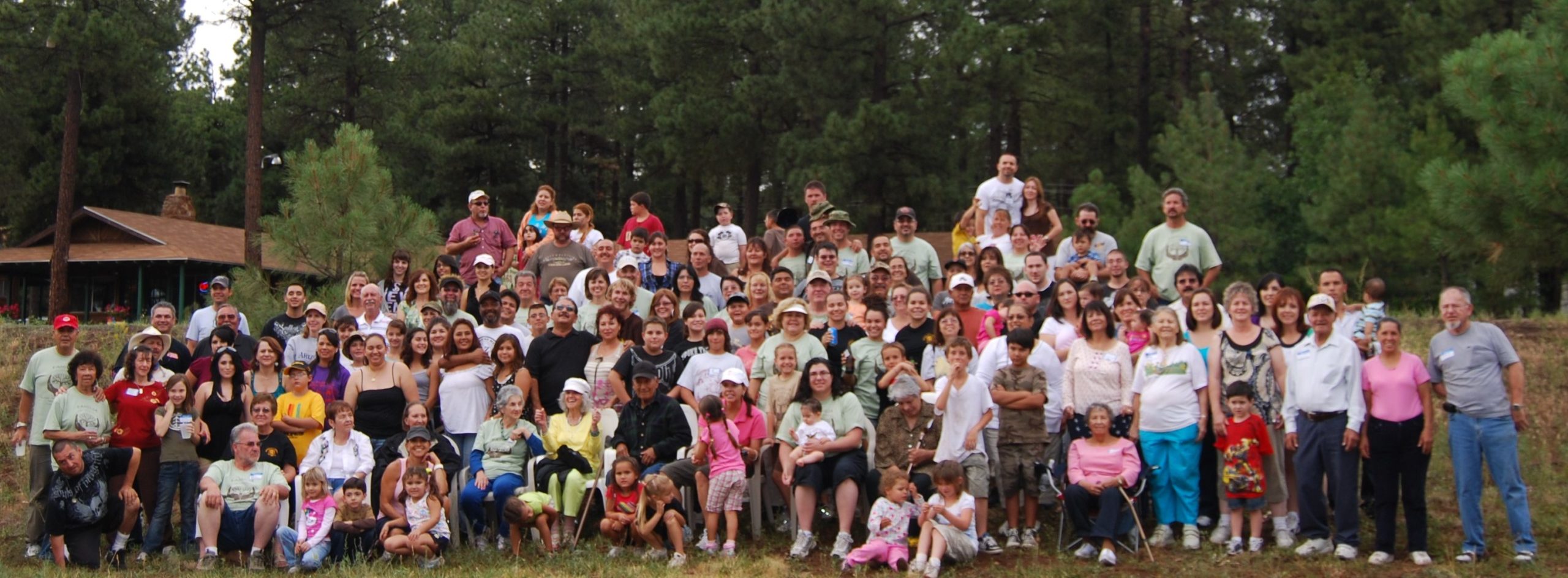Discovering a Legendary Ancestor: The Unexpected Connection to Hernán Cortés

Imagine stumbling upon a family story so extraordinary that it reshapes everything you thought you knew about your heritage. That’s exactly what happened when I began tracing my family tree and uncovered an unexpected link to one of history’s most controversial figures: Hernán Cortés, the Spanish conquistador who played a pivotal role in the fall of the Aztec Empire. As I dug deeper into my genealogy, I was astounded to find a direct ancestor who not only had ties to Cortés but was believed to be one of his distant relatives. This discovery opened a door to a fascinating and tumultuous chapter of history, sparking a new curiosity about my roots and what this connection meant for my family.
According to historical records, my ancestor was a Spanish noble who traveled to the New World with Cortés during his conquest of Mexico in the early 1500s. This family member, who had long been shrouded in mystery, was said to have held a significant role within the conquistador’s inner circle. As I researched more, I uncovered old documents and letters that suggested he was involved in the early establishment of Spanish settlements in the Americas, playing a crucial role in the cultural and political dynamics of the time. However, much like Cortés himself, his legacy is complicated, tainted by the violence and destruction that accompanied the colonization of indigenous peoples. This discovery added a layer of complexity to my family’s history, prompting me to question the ethical implications of my ancestral ties to such a figure.
While the revelation of my connection to Hernán Cortés was thrilling, it also offered a deeper reflection on how history, lineage, and identity intersect. It’s easy to romanticize the past or view it through a modern lens, but digging into the reality of one’s ancestry can often lead to uncomfortable truths. For me, this discovery has been an opportunity to confront the complexities of history — to recognize both the achievements and the atrocities that our ancestors may have been part of. It also serves as a reminder that genealogy isn’t just about celebrating family triumphs, but understanding the full spectrum of what those connections can teach us. Hernán Cortés may have been a polarizing figure, but my newfound link to him has provided an unforgettable way to engage with the past and reckon with the legacy of those who came before us.